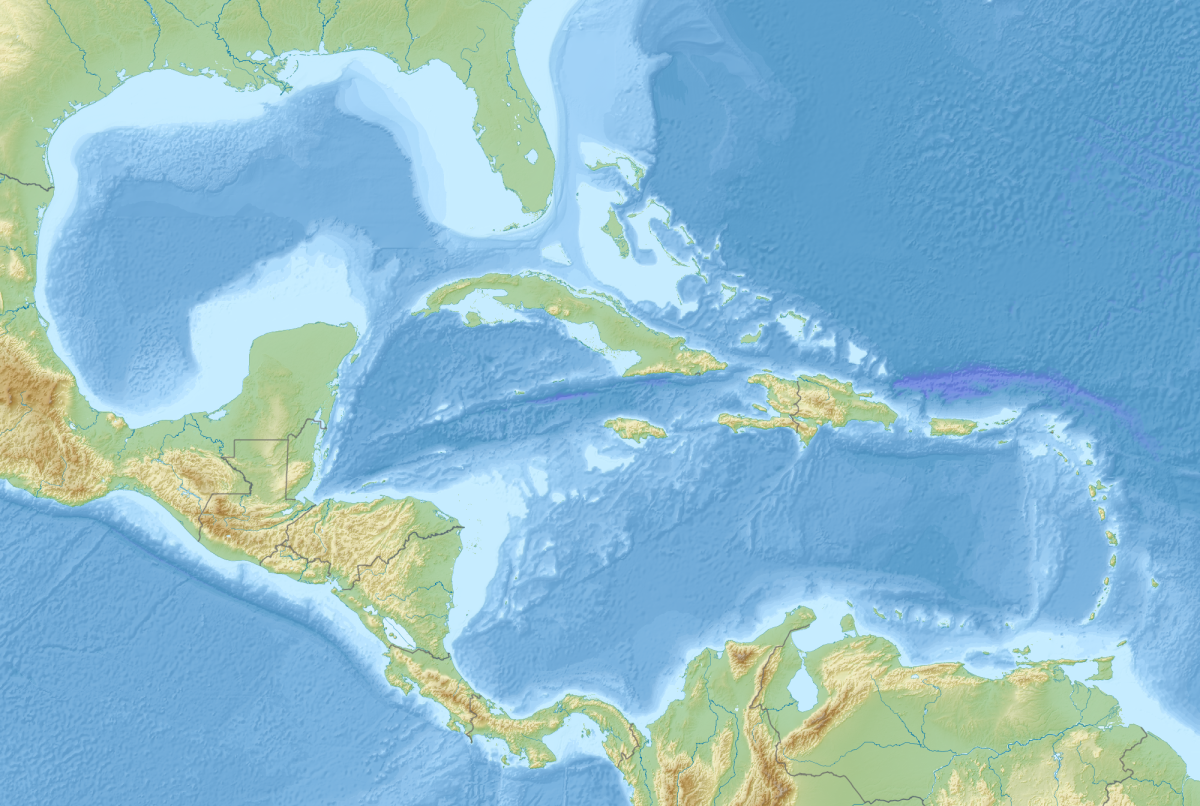Donald Trump recently sparked widespread attention and debate by renaming the Gulf of Mexico to the Gulf of America. This suggestion has stirred a lot of controversy, as geographic names are more than mere labels. For centuries, geographic names have served as a testament to the people, events, and relationships that have shaped them. By changing these names, escalates the risk of the possibility of erasing or altering historical context.
The Gulf of Mexico derived its name from its historical ties to the Mexican state of Tabasco and the city of Mexico itself. These connections underscore its geographical and cultural significance to Mexico, as well as its role in shaping the region’s identity. The Gulf of Mexico’s name reflects centuries of history between Mexico and the surrounding areas. Including, trade, exploration, and so much more. Renaming it would not only diminish the cultural heritage, but also disregard its historical connection.
While historical significance is a compelling argument against renaming, it is not uncommon for geographic features to become part of political debates. For example, during the Iraq war, “french fries” were temporarily renamed to “freedom fries” as a symbolic act.
Geographical name changes have occurred in various contexts according to former Huron history teacher Patrick White.
“In my opinion some of them have worked,” White said. “North and South Korea/Vietnam, Sudan and South Sudan, Pakistan and India all went through periods of renaming that also included restructuring. The biggest challenge the US will face here is getting the entire world on board to refer to it as the Gulf of America.”
Renaming places are frequently driven by political agendas. The Trump administration had cited national pride and a desire to emphasize America’s contributions to the region as reasons for proposing the “Gulf of Mexico.” Supporters argue that renaming reflects American sovereignty and pride. Given the significant coastline shared with the gulf. Causing critics to view it as culturally insensitive and dismissive of the shared governance of the body of water by multiple nations.
Trump’s proposal to rename the Gulf of Mexico as the Gulf of America may appeal to certain nationalist sentiments, but it fails to account for the historical, cultural, and geopolitical significance tied to its current name.
“My first impression of this change was that it may be mildly unnecessary,” White said.
From the possible changes in the relationship with the United States, and Mexico. There is noticeable skepticism about that possibility. Mr. White mentioned that,
“I do not believe that the changes in names will directly affect the US/Mexico relationship,” White said. “However, it will serve as another thing that people may contribute to reasons to be upset at the US over.”









